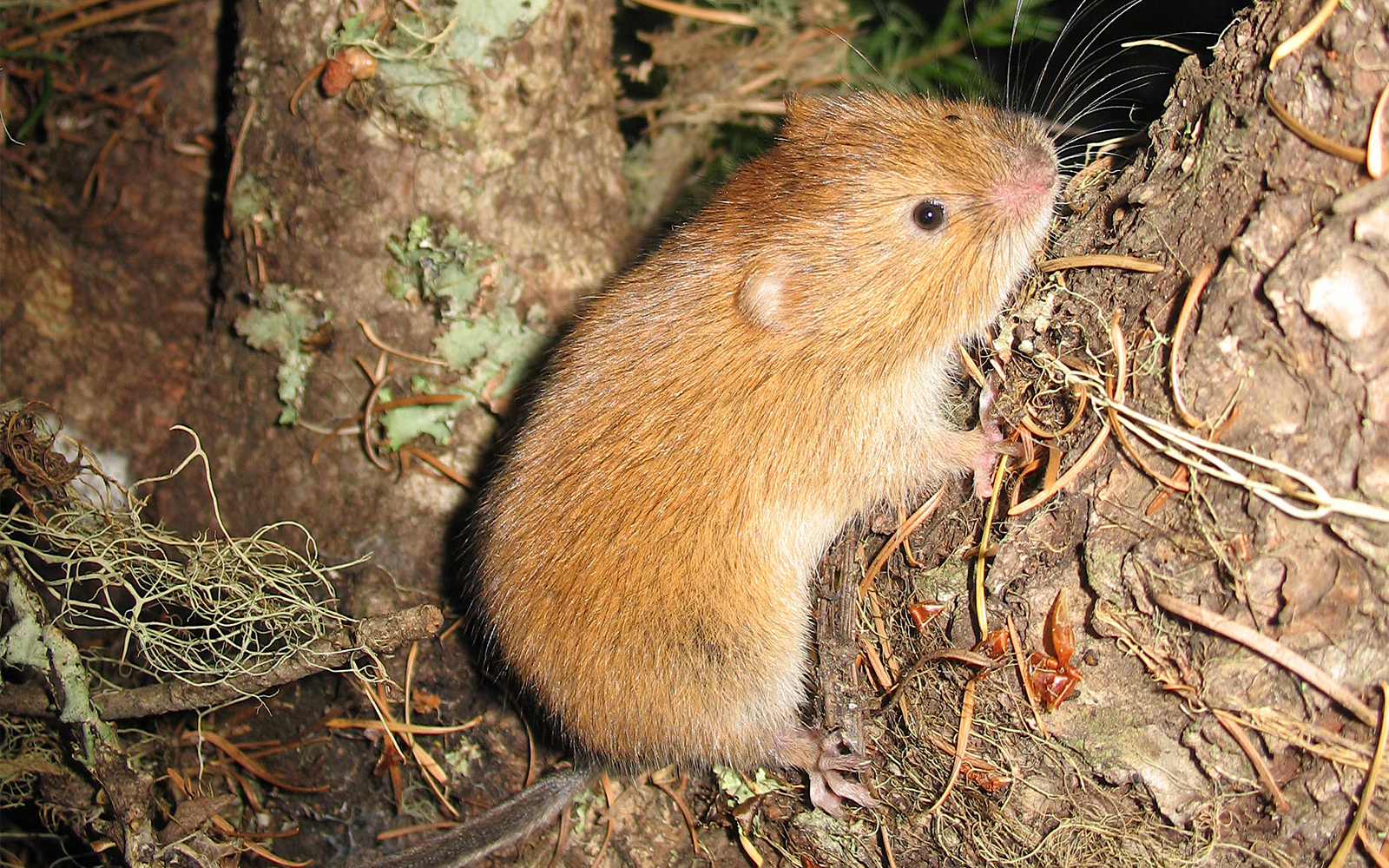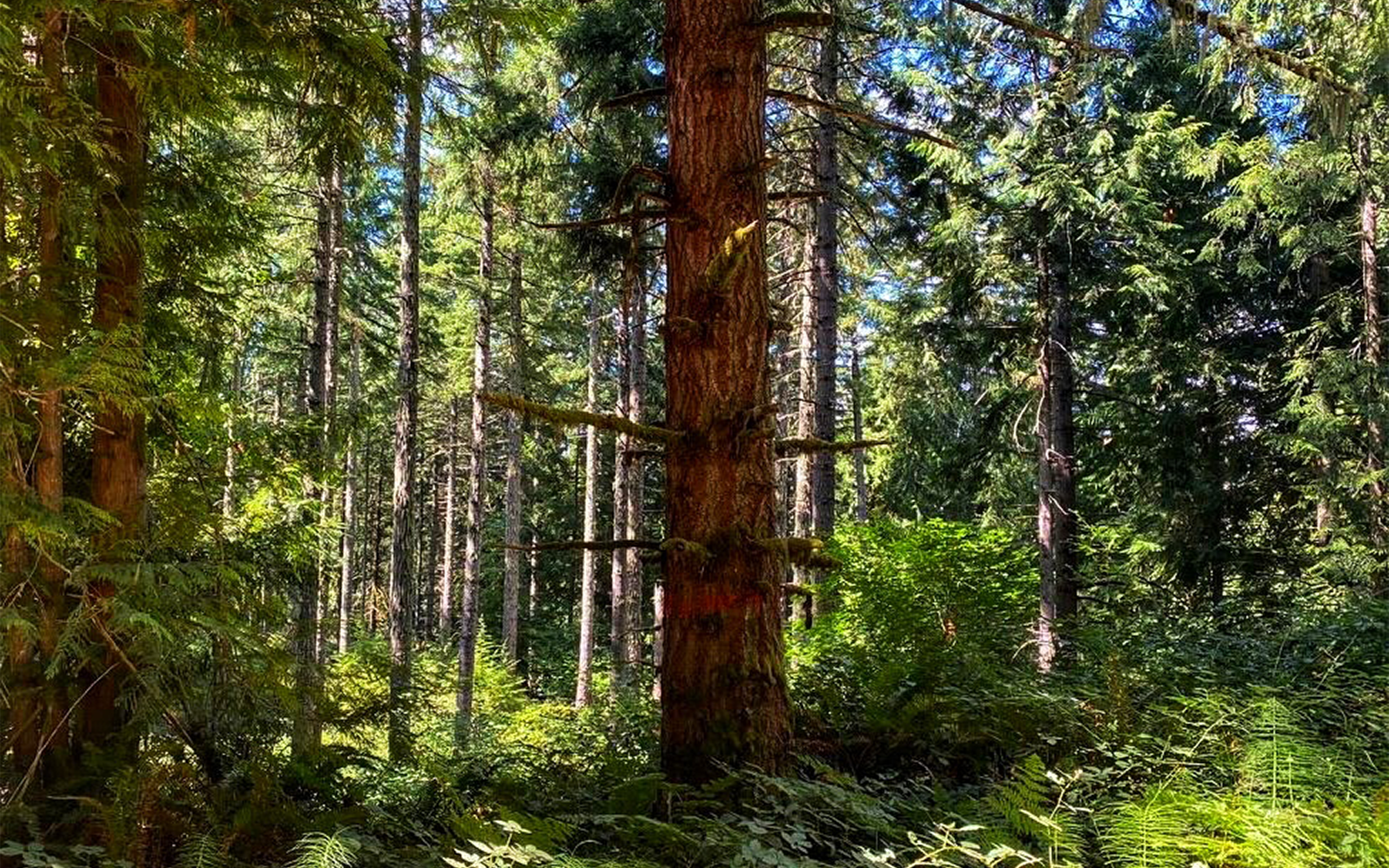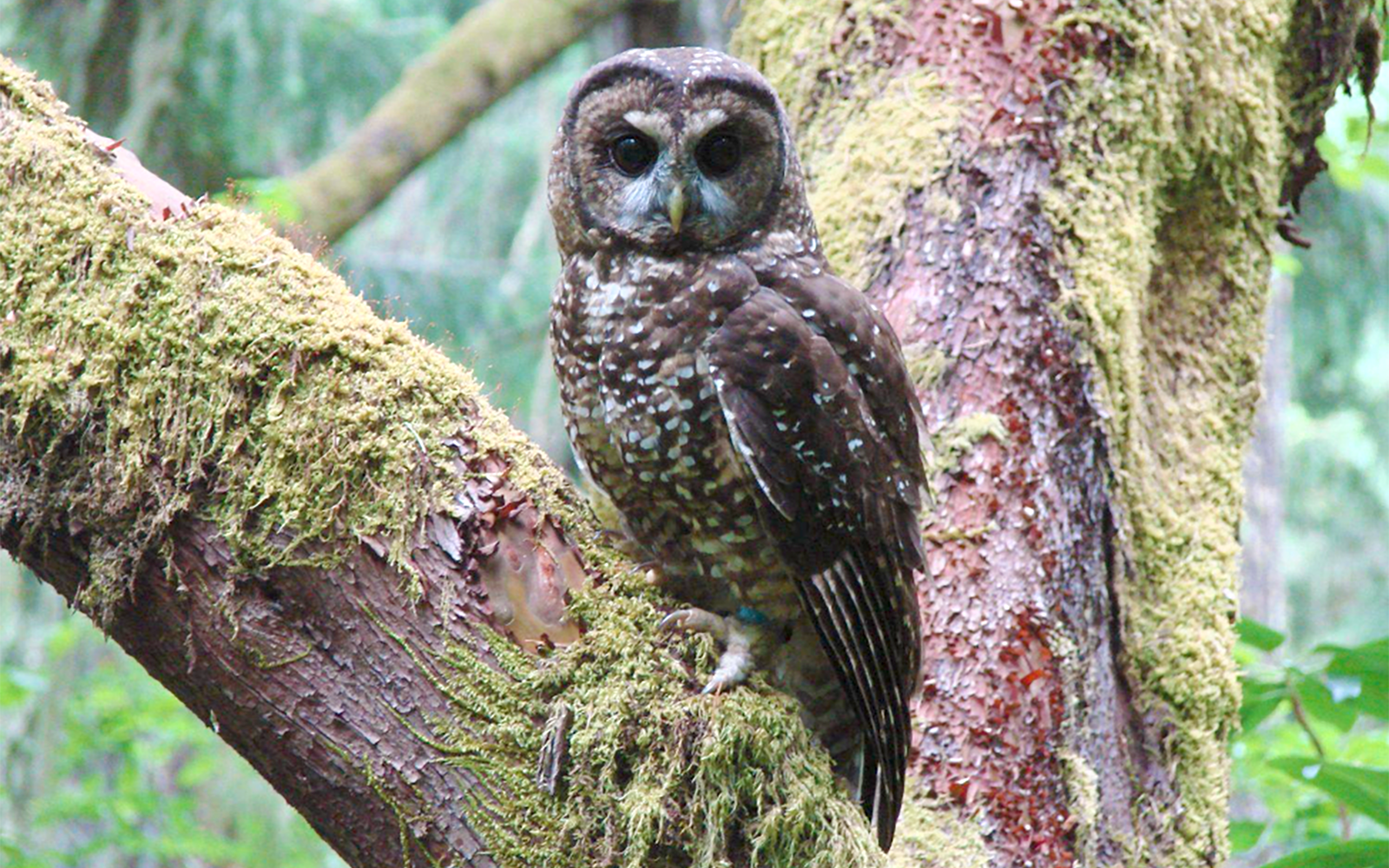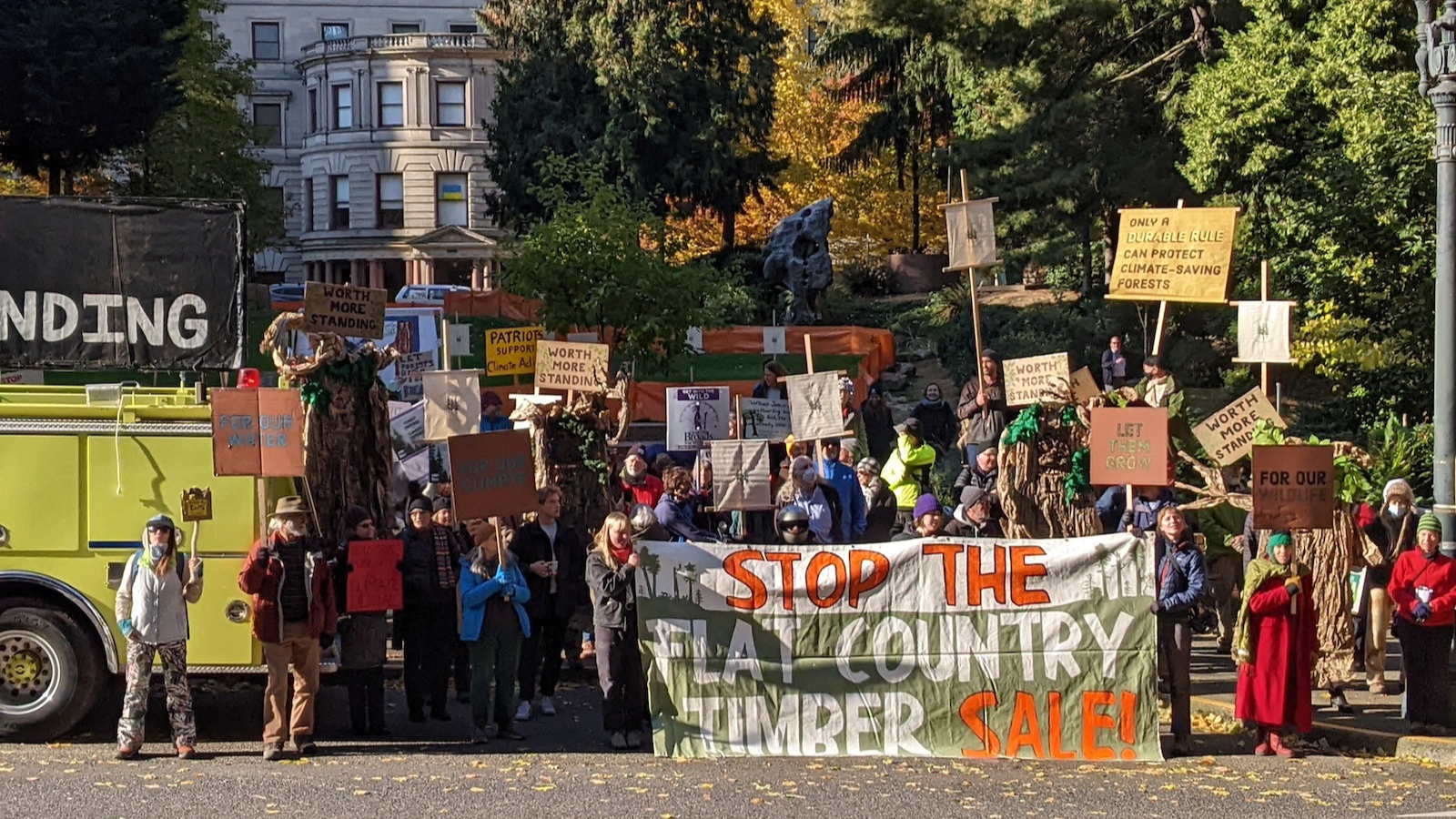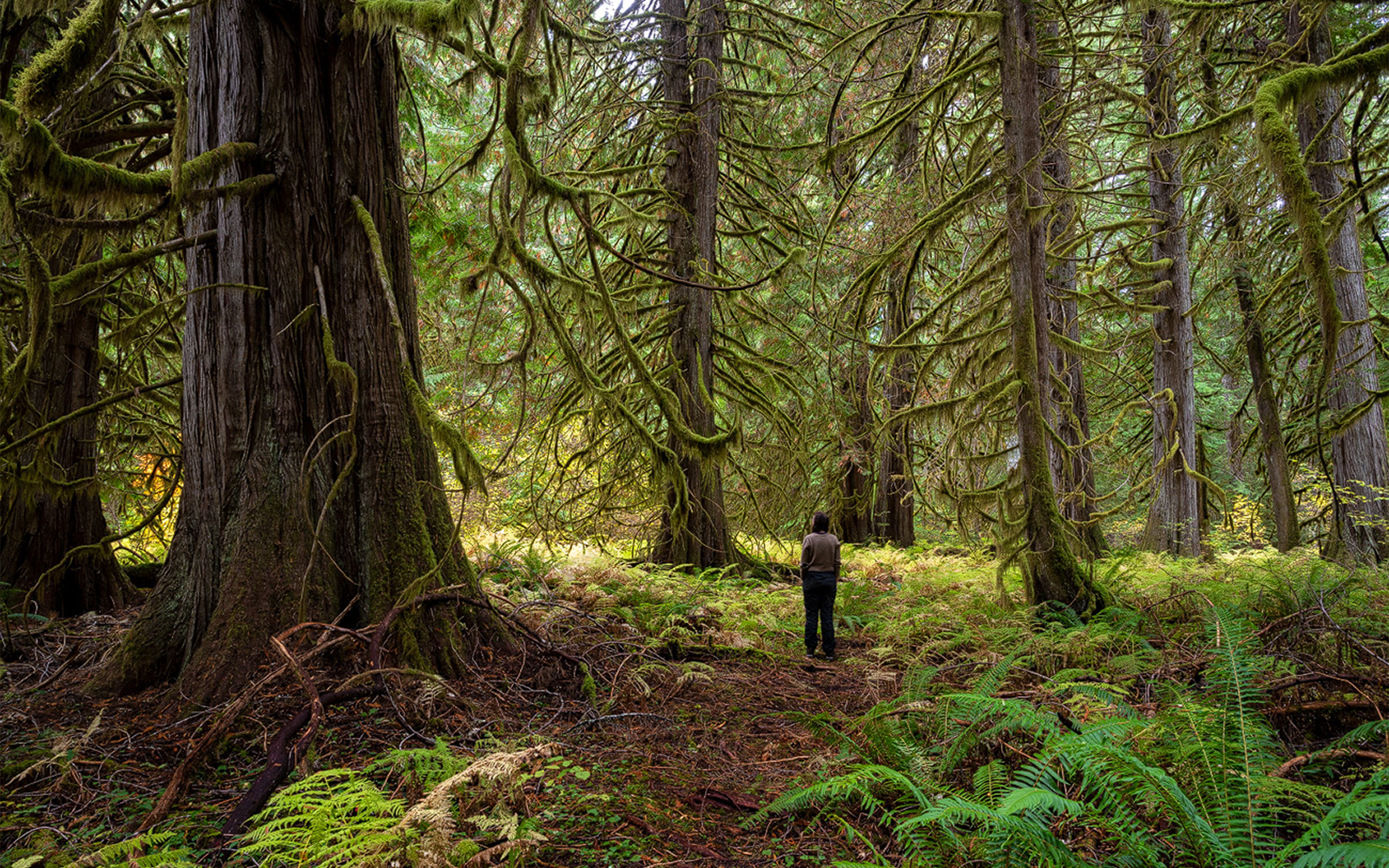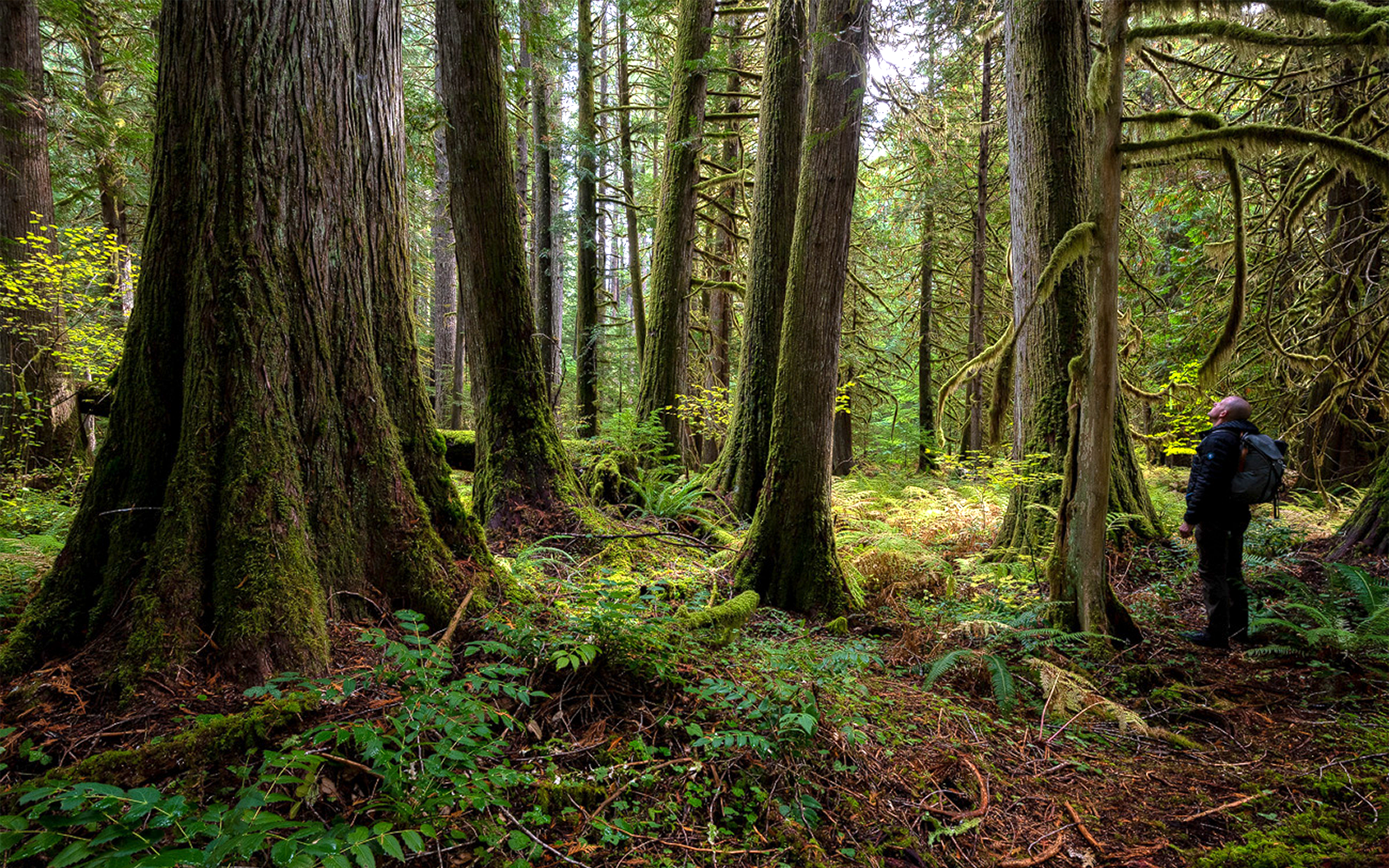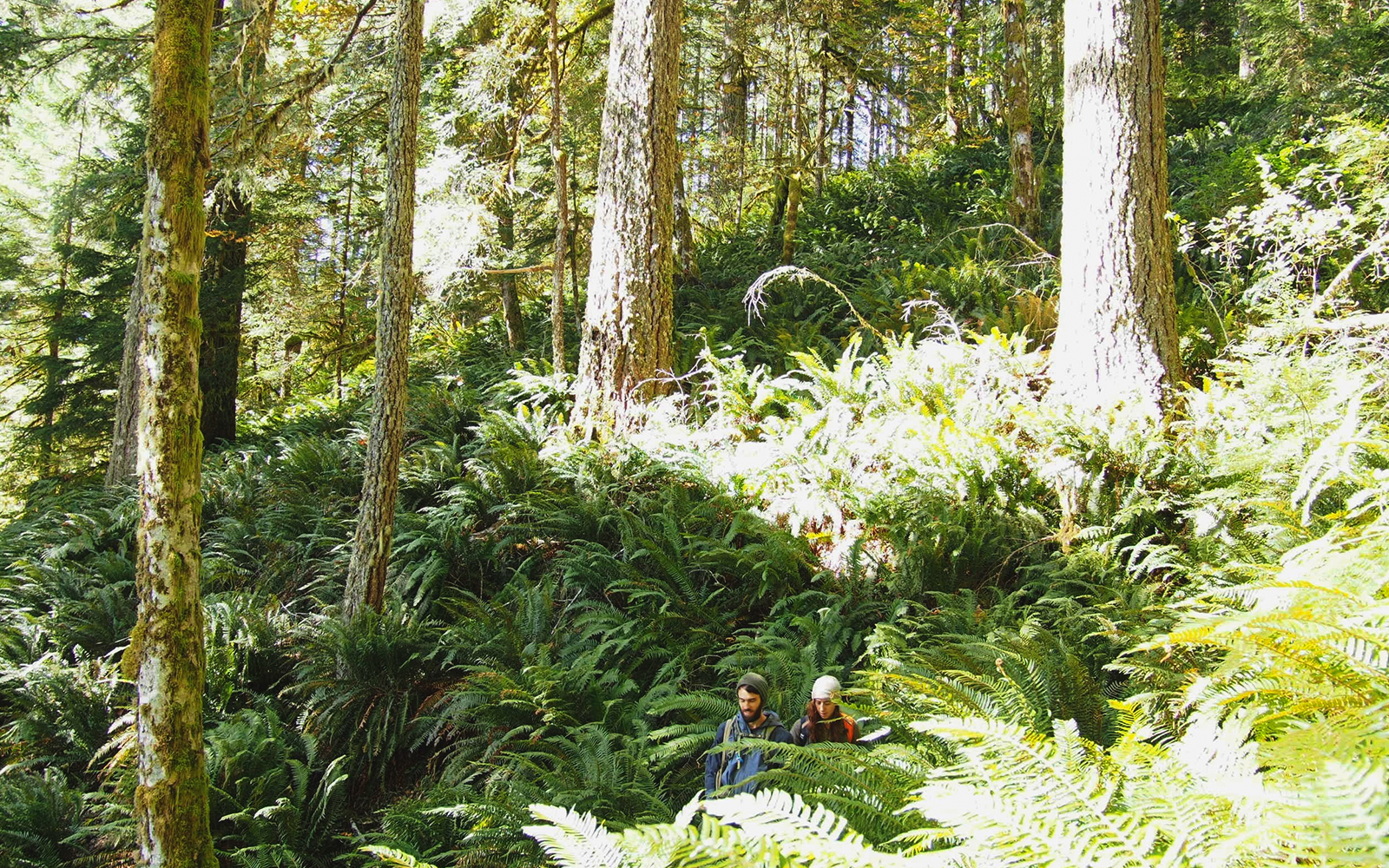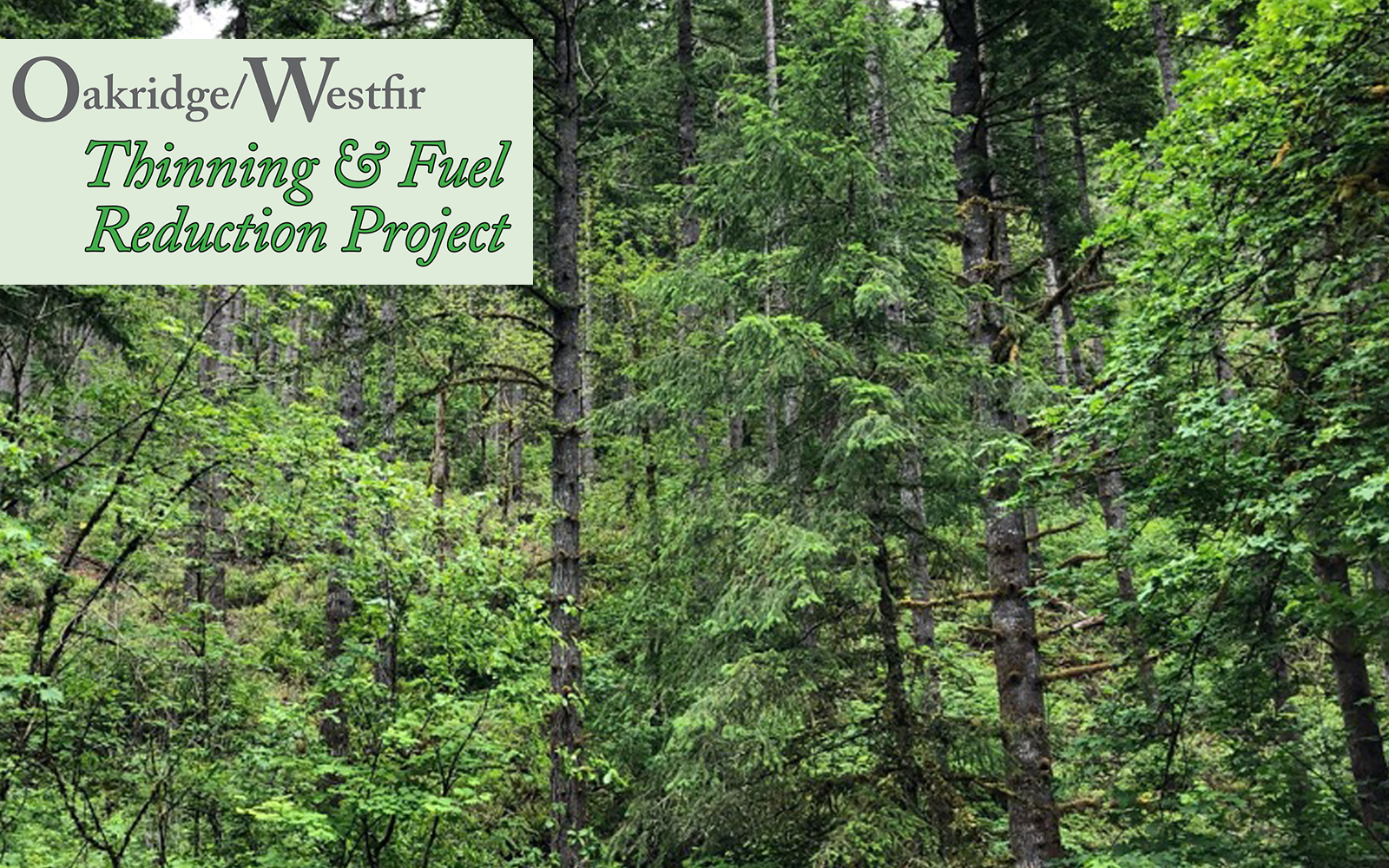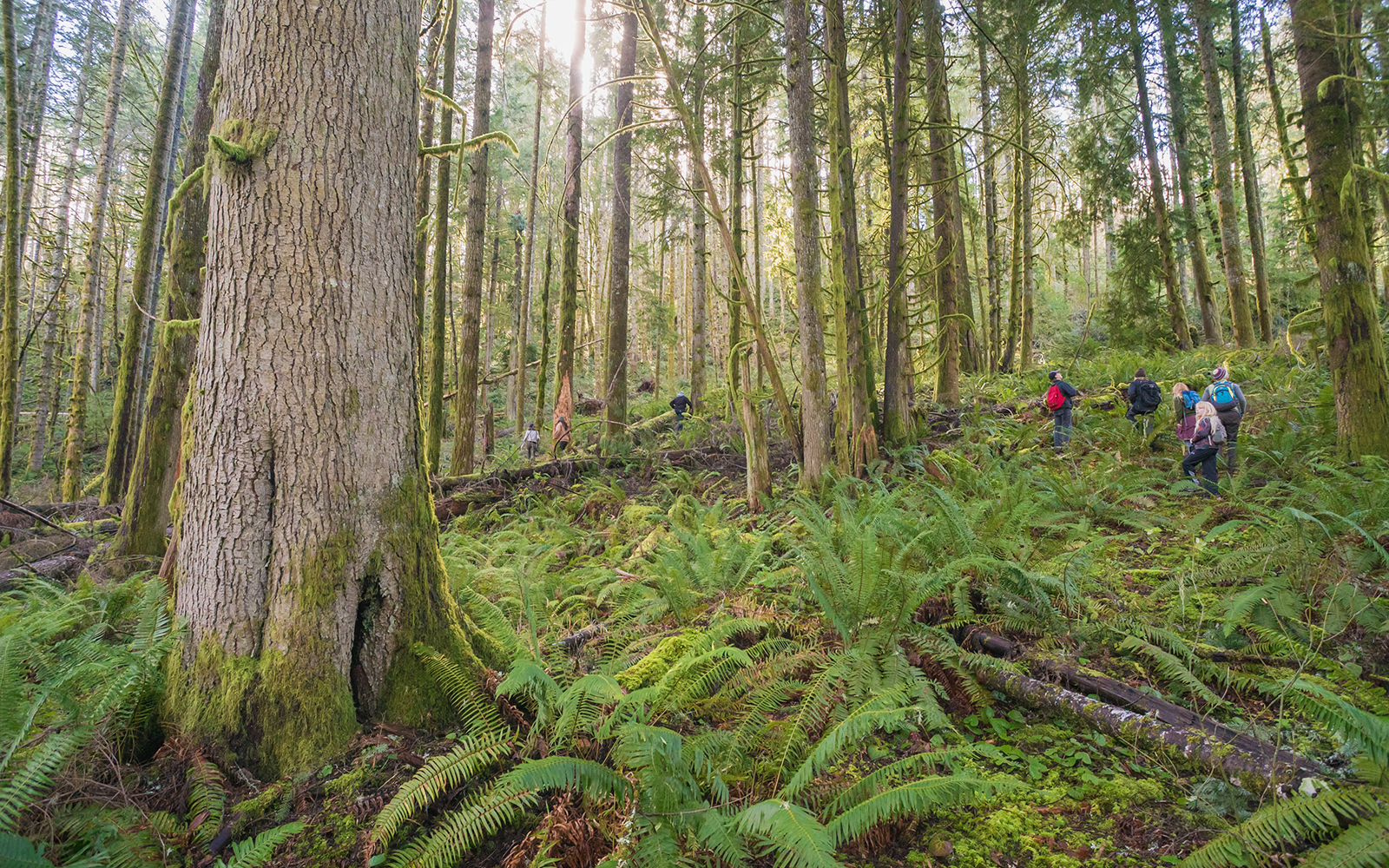June 20, 2024 — Conservation groups informed the U.S. Fish and Wildlife Service today that they intend to sue over the agency’s denial of Endangered Species Act protections to the imperiled North Oregon Coast population of red tree voles. The Service’s decision to deny protections in February echoes a 2019 Trump administration denial, which was made despite several previous findings that protection was warranted. North Coast voles are threatened by logging and climate change-fueled wildfires.
